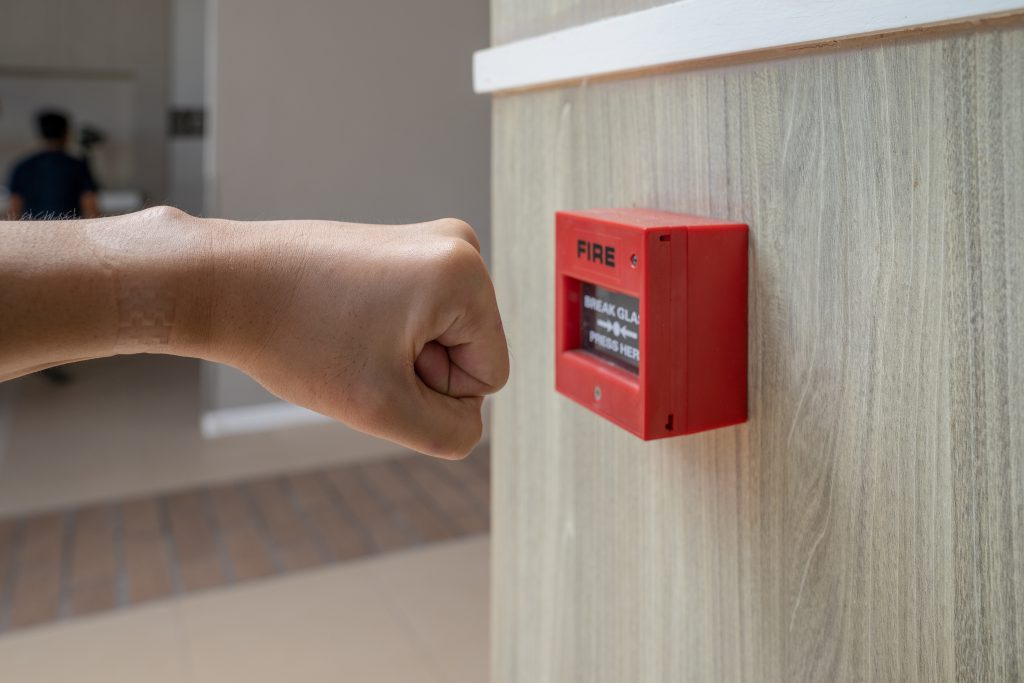
An international issue, alarm fatigue occurs when a person becomes desensitised to an alarm due to repeated false alarms and as a result fails to react appropriately in an emergency – having potentially fatal effects.
False fire alarms allow for a laissez-faire attitude towards evacuations however, they can be prevented. Recommended in BS 5839-1:2017 manual call points can be fitted with a protective cover preventing false alarms whether accidental or malicious.
A British Standard with global reach, BS 5839-1, has been used on high profile construction projects across the Middle East and Asia including; Dubai, New Delhi, India, and Hong Kong – the Standard recognises that false alarms can seriously prejudice the safety of occupants by contributing to alarm fatigue.
Fires at the Marina Torch in Dubai demonstrated the potentially fatal effects of alarm fatigue; engulfed by flames twice in two years, on both occasions residents believed the signal that was there to protect them was a false alarm.
Similarly, tenants at a luxury Dublin apartment block ignored fire alarms during a real emergency; they mistakenly assumed it was the latest in a plague of false alarms at the development – when residents eventually realised it was a genuine fire, they were forced to fight through acrid smoke to escape to safety.
Tragically, not everyone who falls victim of alarm fatigue is so lucky; three students died and 62 others were injured after a blaze at residential halls at Seton Hall University in New Jersey, USA. Authorities said students delayed leaving the dorms after a series of recent false alarms had ‘lulled them into a [false] sense of security’.
Safety Technology International manufacture a range of protective covers, from integral covers to outdoor and sounder models; there are variations to suit all applications. These covers are specifically designed to prevent false alarms whether accidental or malicious – aiding to eliminate the dangers of alarm fatigue.
Tweet Share